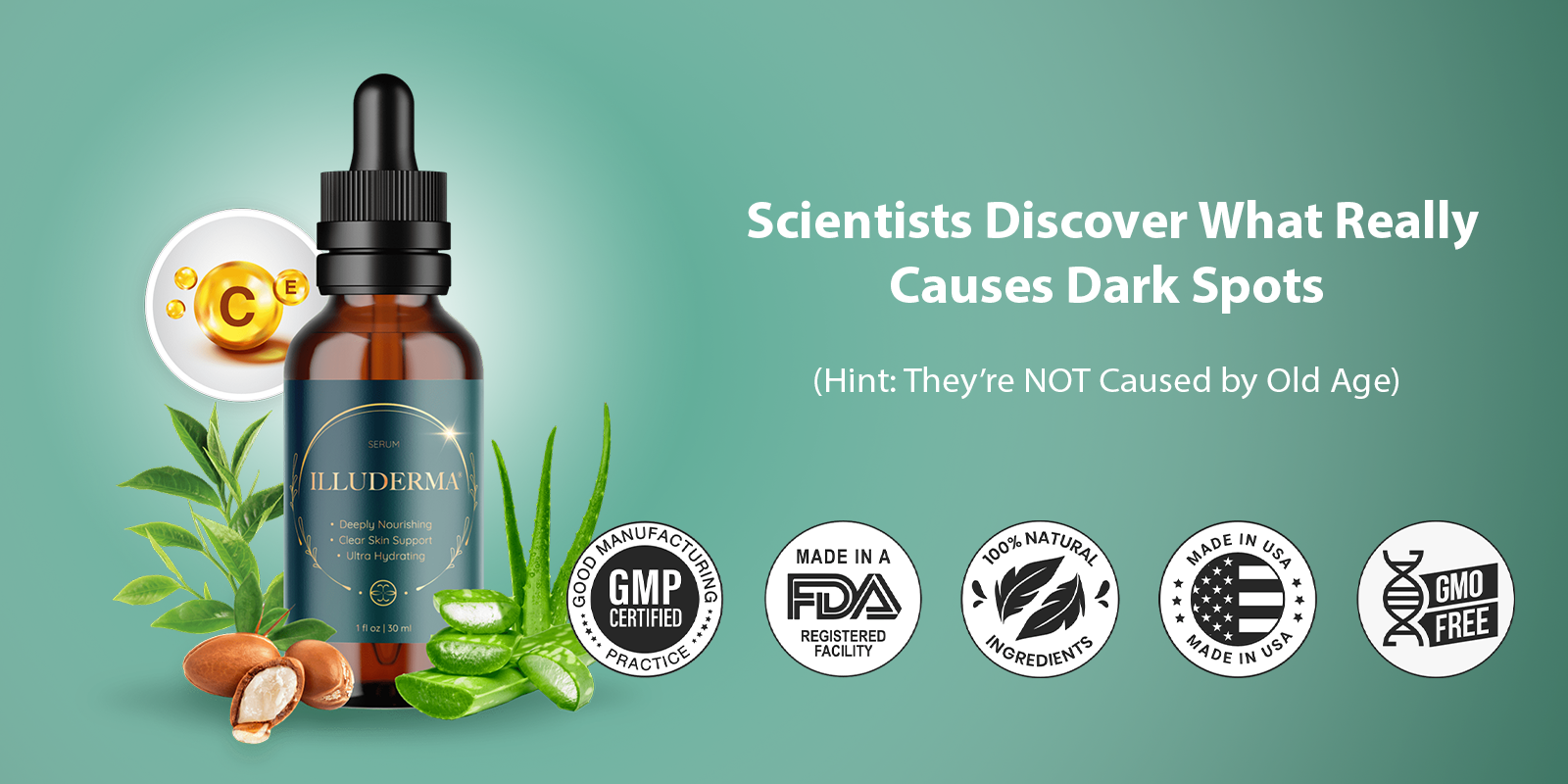That's because sensitive skin is a catch all term, not one health condition.
Your skin can act up for different reasons.
Typically, these are people with more easily irritated skin, either with inflammation, redness, itching, or stinging sensations.
But many people who say they have sensitive skin don't have visible signs of a problem, like a rash or flakes.
That doesn’t mean they're imagining things.
It just means we don't fully understand why some skin is more likely to react, or how to diagnose it.
That’s partly because sensitive skin isn’t the same for every person.
Your skin may not react to the same things or in the same way as someone else's.
Angry on Contact
People with sensitive skin often have contact dermatitis.
Your skin may react to makeup, chemicals, your own sweat, too much sun, or tight clothing.
You may think you're allergic to these items, but dermatitis isn't the same as a skin allergy.
Sensitive skin is more about easily inflamed skin that's more reactive to certain ingredients or products.
Allergic skin reactions can happen to anyone, not just someone with sensitive skin.
The classic example would be reacting to poison ivy.
That's a true allergic reaction.
It doesn't matter if you have sensitive, oily, or combination skin.
It just causes an allergic reaction in the skin.
If you feel like your skin is sensitive when you're exposed to certain things.
He'll mark off little squares on your skin and spread them with different chemicals or natural products to see if anything causes a reaction.
Often the problem is dry skin caused by hot or cold weather, or low humidity in the air.












